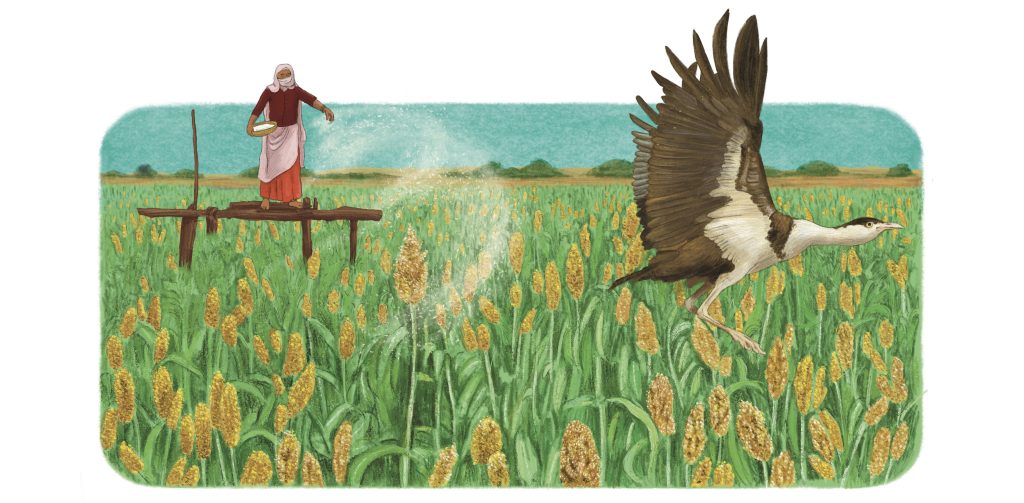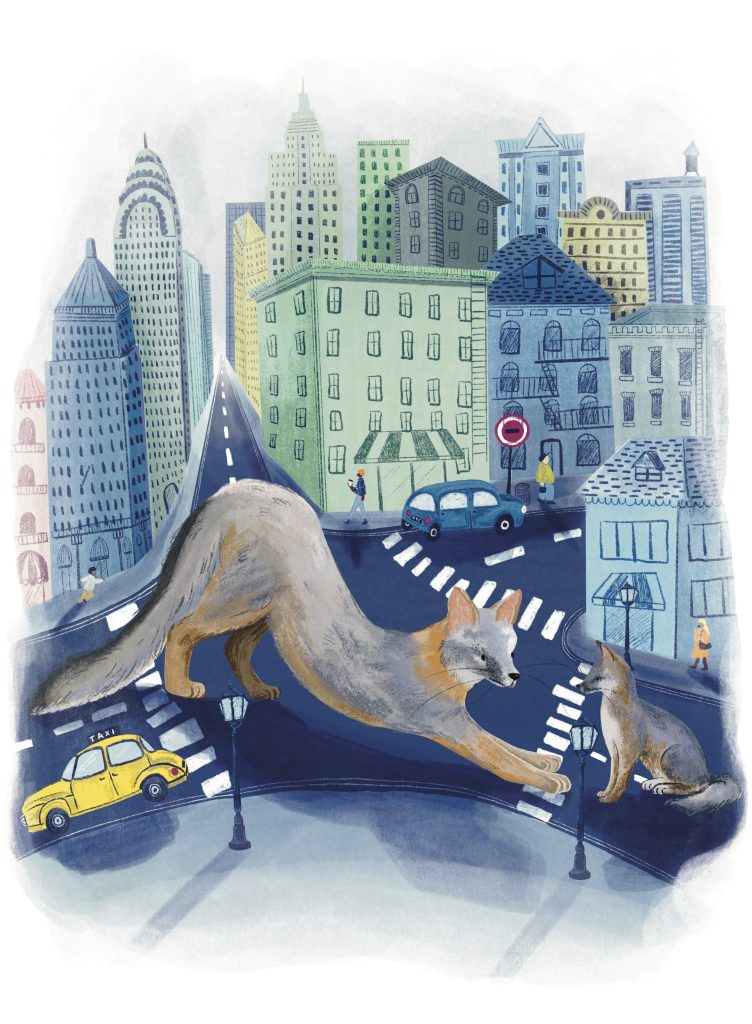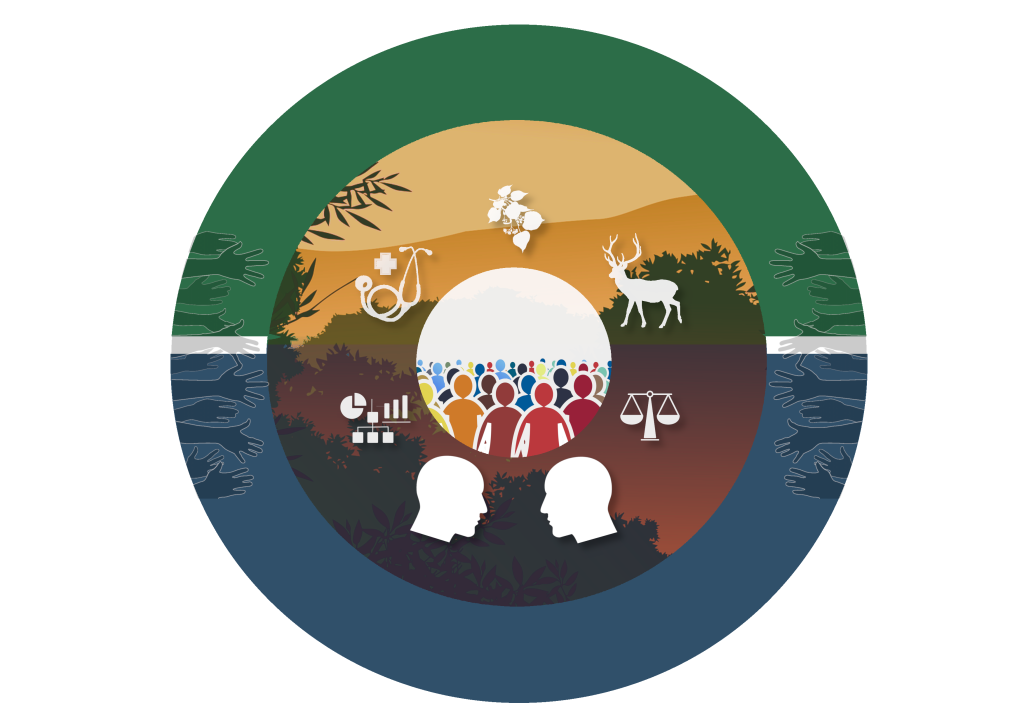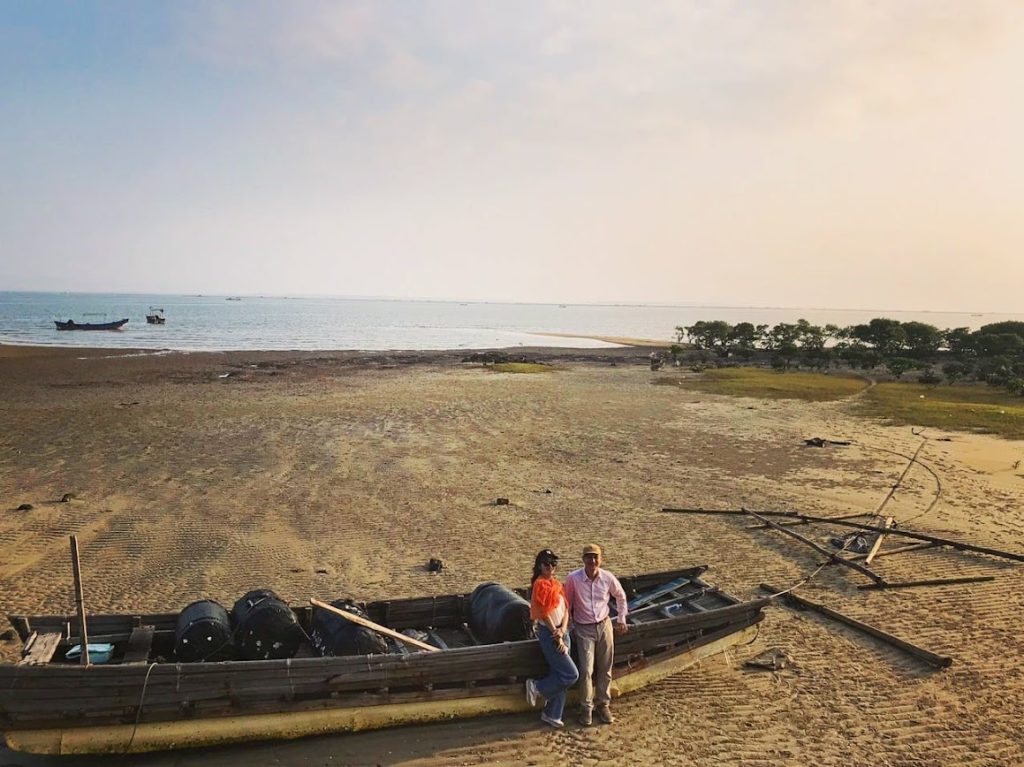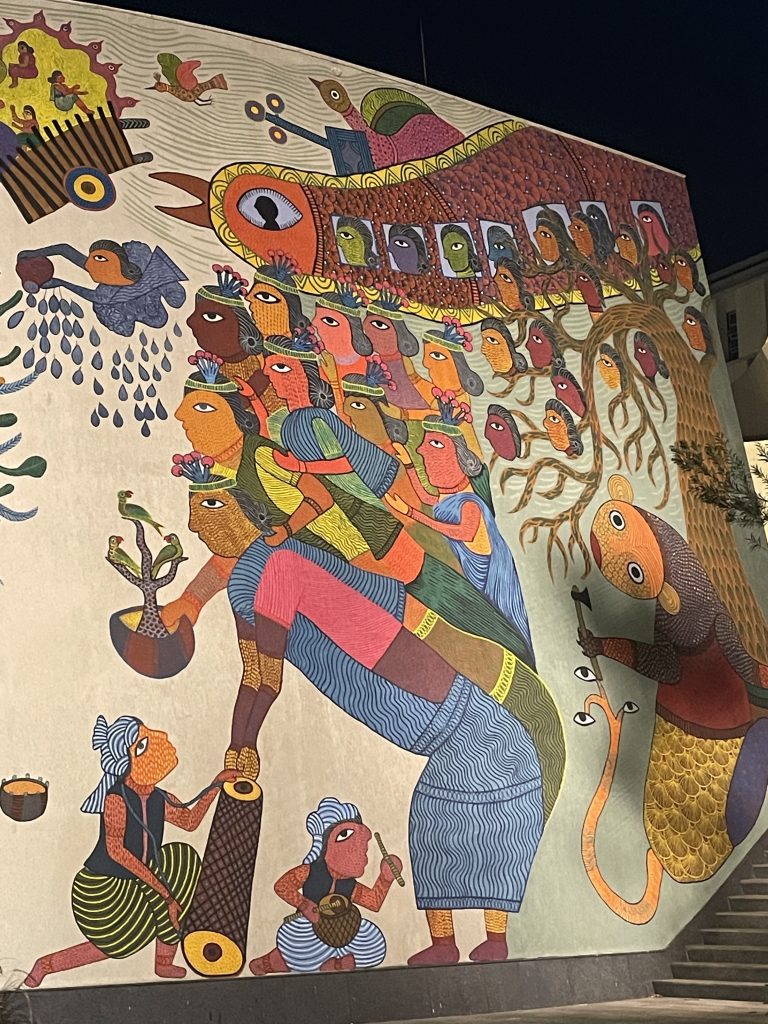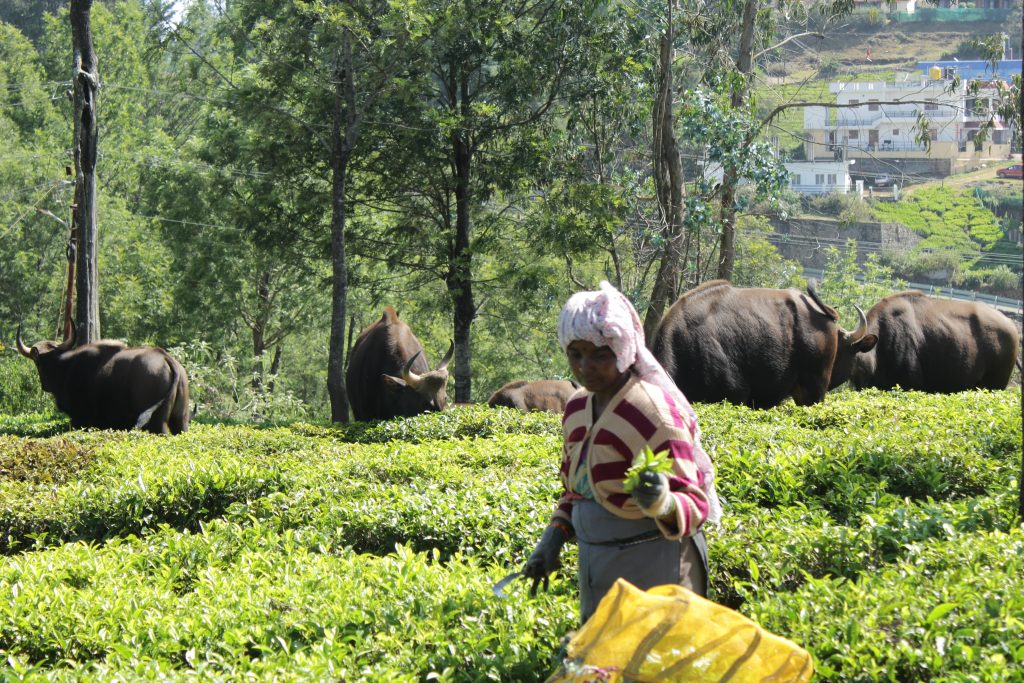Mwandazi Kassim Shee runs a small successful retail shop, selling items such as soap, tea, bread, milk, flour, and vegetables. But things were not always like this; very much like other people in her area, cassava and coconut were her only source of subsistence, and every day was a struggle to survive. Mwandazi is a resident of Majoreni, a small town in Kwale county, along Kenya’s southern coast. In coastal Kenya, many women cultivate coconut trees and cassava plants and sell the surplus. But with excess supply from all the farmers, the demand has not increased, which means the profits barely help make ends meet. Kwale county is one of the poorest in Kenya, with a poverty rate of nearly 42 percent compared to a national average of 12.2 percent.
But things are changing for the better for Mwandazi. She is a member of the Shangani self-help group and one of the beneficiaries of an eco-credit scheme spearheaded by the NGO Coastal and Marine Resource Development (COMRED). COMRED works with communities to preserve marine resources in coastal Kenya for the benefit of nature and people, and the eco-credit scheme, through ‘grants’, is giving the community groups an incentive for conservation as they boost members’ livelihoods.
Majoreni and similar eco-credit groups are under no obligation to reimburse COMRED, but there is a condition attached: members must actively engage in conservation initiatives to be eligiblefor the ‘grant’. In this way, the grant transforms into a self-sustaining fund, with group members providing loans to one another while maintaining their involvement in conservation efforts. The range of environmental conservation activities is extensive and typically involves activities such as cleaning up beaches to remove plastic waste, planting mangroves, conducting patrols of fisheries and mangrove forests, as well as educating other community members on environmental issues.
“I’m now able to pay school fees for my kids, compared to before when it was a struggle. And in Majoreni, we now understand better why it’s important to protect the environment. For example, fish get a place to breed in the mangroves, and they also get food. So we must help to stop mangrove degradation. Our economy as a people is based on the ocean,” Mwandazi says.
How it started
Kwale’s coast stretches approximately 250km and is divided into 22 local fisheries management associations known as Beach Management Units (BMUs). These BMUs are responsible for looking after fishers and fisheries activities. Many coastal community members are low-income fishers, small-scale fish processors (98% women) or traders who don’t have access to formal and reliable financial services and struggle to save and get loans. To try to help people and solve the ocean’s challenges simultaneously, COMRED introduced this eco-credit system that provides people in coastal communities with loans tied to carrying out marine conservation activities.
COMRED launched the Kwale Community Eco-Credit Fund in April 2022 with seed money of Ksh 800,000/ USD 6,400 and gave the first 10 savings groups Ksh 80,000 (around USD 700) each. Each group then develops a marine conservation action plan, such as planting and protecting mangrove forests, providing community services, and doing beach cleanups. The conservation action plans address issues that are part of a wider problem in a national context.
Coastal communities in Kwale, like in all other coastal Kenyan communities, face various challenges affecting their livelihoods and environments, such as marine and coastal degradation, population pressure and climate change. This has led to the overuse of marine resources and a subsequent decrease in productivity, forcing these dependent communities into poverty. This becomes a vicious cycle, where poverty increases dependence on limited natural resources and exacerbates competition between nature and human survival, especially in the face of climate change. Therefore, communities often have to face the trade-off between pursuing livelihoods for subsistence and conserving marine resources by dedicating time and setting aside some habitats for conservation purposes. This is where the eco-credit scheme incentivises communities to participate in conservation while providing financial support to improve their livelihoods.
Members can access credit, grow the fund, and make it sustainable. Savings grow the seed capital, making more credit available to new and existing members. Community data monitors are trained to record conservation activities, such as the number of beach clean-ups conducted and mangrove planting carried out, as well as recording financial transactions, tracking each group’s progress, and sharing the data with the project team through a mobile application called ODK Collect. This means the community members can monitor their progress per the goals they set, not just for their conservation work but for their finances, giving them greater ownership and sustainability for the conservation work.

Getting inspired by others in the marine space: The Mwambao story
The eco-credit system, designed in consultation with the community and conservation micro-credit company GreenFi, has also seen strong community engagement in neighbouring Tanzania. The project was initiated by one of Maliasili’s partners, a marine conservation organisation, Mwambao. The eco-credit system known as ‘Mkuba – the fund to care for the sea’ has been running since July 2018.
The model’s effectiveness is apparent from its impressive results; not only is it delivering financial but environmental benefits as well. It has facilitated almost 370 community-managed loans to 213 beneficiaries across five groups. Over 50 percent of these beneficiaries are women, with the total value of loans exceeding USD 27,000, and the community has ensured that legal fishing gears have been adhered to, over 20,000 mangrove seedlings have been planted, and patrols and security of octopus closures have significantly increased, leading to increases in octopus landings and improved fisher incomes.
While on a field visit with our East Africa portfolio team, I had the opportunity to personally meet with one of the groups on Tumbatu Island, located off the coast of Zanzibar. The island is home to a vibrant and closeknit community, with around 13,000 residents who primarily rely on fishing and seaweed farming as their main economic activities. The rich marine environment around Tumbatu Island and along the northeast coast of Zanzibar is a traditional fishing ground for people from the entire region. The newly established marine conservation area also contains Zanzibar’s third largest mangrove stand.
Fishing has long been a traditional way of life for the people of Tumbatu Island, but much like other East African coastal communities, they have been facing challenges from overfishing by illegal fishers from other areas, which has led to the depletion of fish stocks as well as damage to the marine ecosystem through the illegal harvesting of mangrove forests. The island’s residents also have limited access to healthcare, education, and basic infrastructure. During this meeting, I heard directly from the group members about the impact of the eco-credit scheme and how it’s improving their quality of life as well as the marine environment by giving the communities support to improve their livelihoods and an obligation to protect their environment.
Paving the way for innovative financing in marine conservation
These innovative blue loans projects provide coastal communities with much-needed access to credit to help them improve their lives and the environment around them. Communities have greater ownership and responsibility for the management of their environments.
The appetite and growing community interest in these eco-credit schemes open the door for the potential of broader implementation, not only in Kenya and Tanzania but around the world. With the ‘Ocean Decade’ and 30 by 30 all set to actualise in 2030, eco-credit schemes and blue loans provide an opportunity for coastal communities to gain some direct economic benefit from marine conservation. This motivates them to protect biodiversity, and the additional income also improves their financial well-being.


